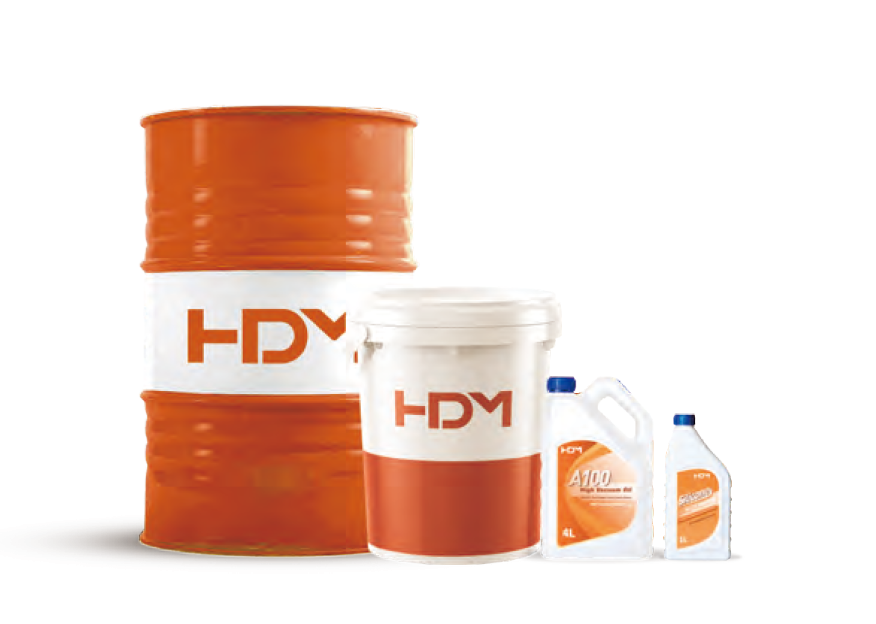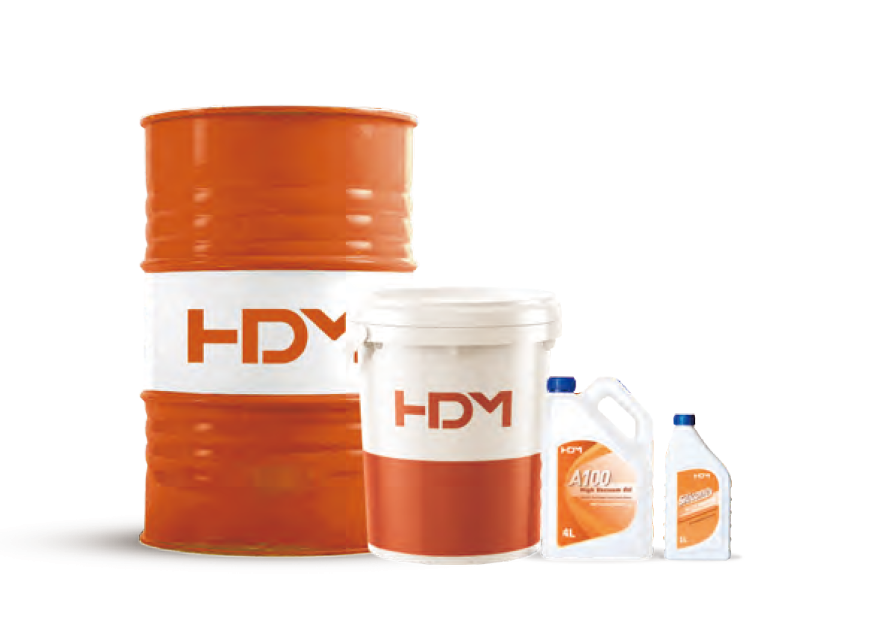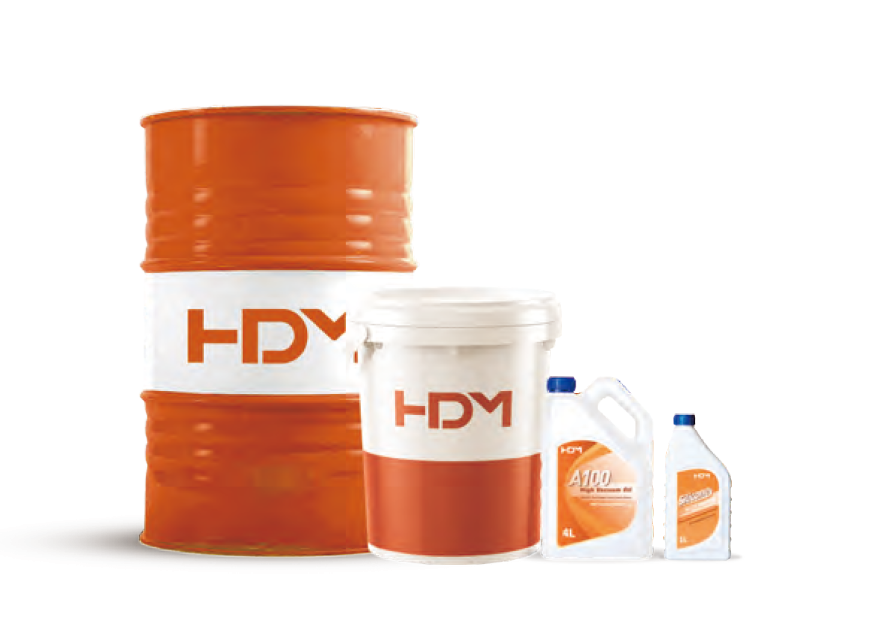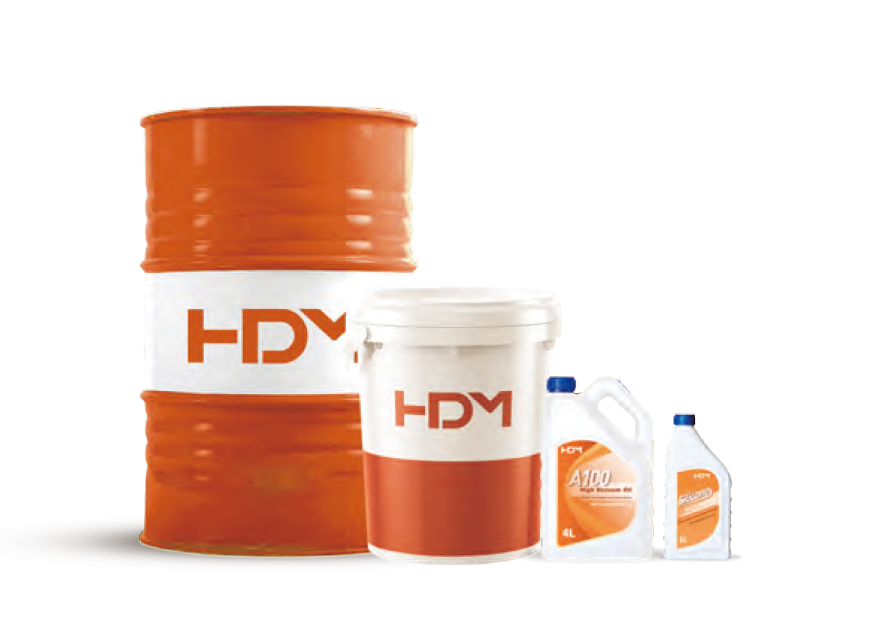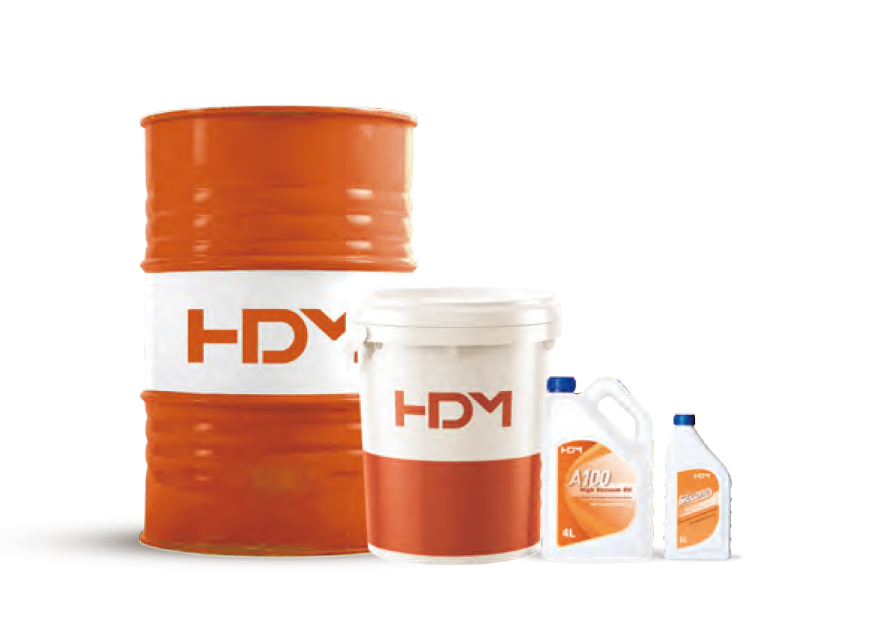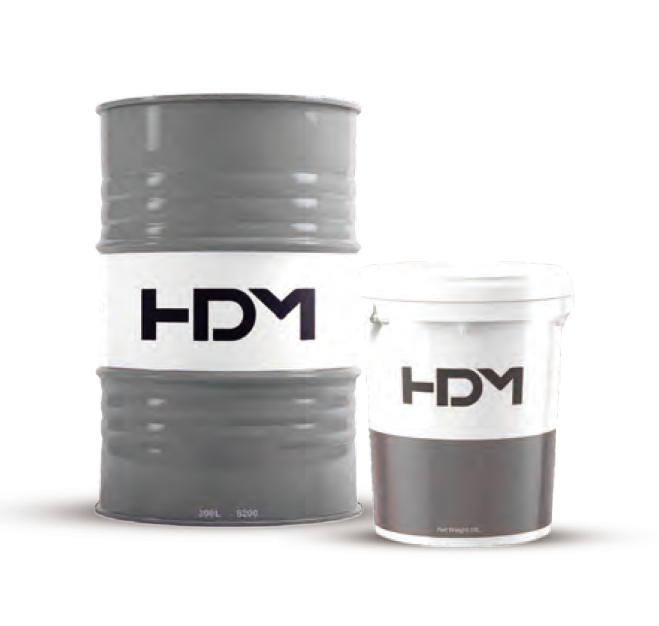Increasingly stringent emissions regulations and fuel economy requirements are forcing engine manufacturers to reduce engine size while increasing power and torque. The downside of today's higher power density smaller engines is that they run the risk of unusually destructive combustion, such as knocking and a new phenomenon called low speed pre-ignition (LSPI).
In the race to produce the most fuel efficient engines, original equipment manufacturers (OEMs) are producing direct injection (DI) gasoline engines in ever smaller sizes. These types of engines offer significant efficiency and fuel economy advantages over conventional large engines of the same power.
Disadvantages of Smaller DI Engines
Most small engines today are equipped with turbochargers, variable valve timing and/or direct fuel injection to combine high power and torque with improved fuel economy. Unfortunately, these benefits also come with some significant risks. Turbocharged, direct-injection gasoline engines have an undesirable tendency to pre-ignition or auto-ignite early in the combustion cycle. This phenomenon is called low speed pre-ignition (LSPI) and occurs especially at low speed and high torque conditions.
Wat causes LSPI?
There are several theories to explain the mechanism of LSPI. The initial explanation was to locate the source of pre-ignition at certain hot spots on the cylinder surface. However, further research revealed that pre-ignition occurred at random locations in the combustion chamber. The latest hypothesis is that oil droplets enter the combustion chamber from the gap between the piston and cylinder wall. When the oil droplets mix with the fuel and air mixture, it can cause premature ignition and collide with the upwardly moving piston.
What are the risks of LSPI?
Ignition early and there is an audible pounding sound, creating a lot of force on the piston. It can cause engine failure in as little as a few engine cycles. Sustained LSPI can cause serious damage such as bent connecting rods, damaged annulus and cracked piston rings.
How to prevent LSPI?
To prevent LSPI from happening, you need to understand the factors that affect unintended pre-ignition. Research shows that engine design, fuel composition and lubricant composition are the most important influencing factors.
Tests have shown that lubricants with higher concentrations of calcium increase the risk of LSPI, while magnesium-based products do not appear to trigger LSPI. You might think that reducing the calcium concentration in the oil is the most immediate solution. However, this leads to other disadvantages in terms of engine life, performance and efficiency.



